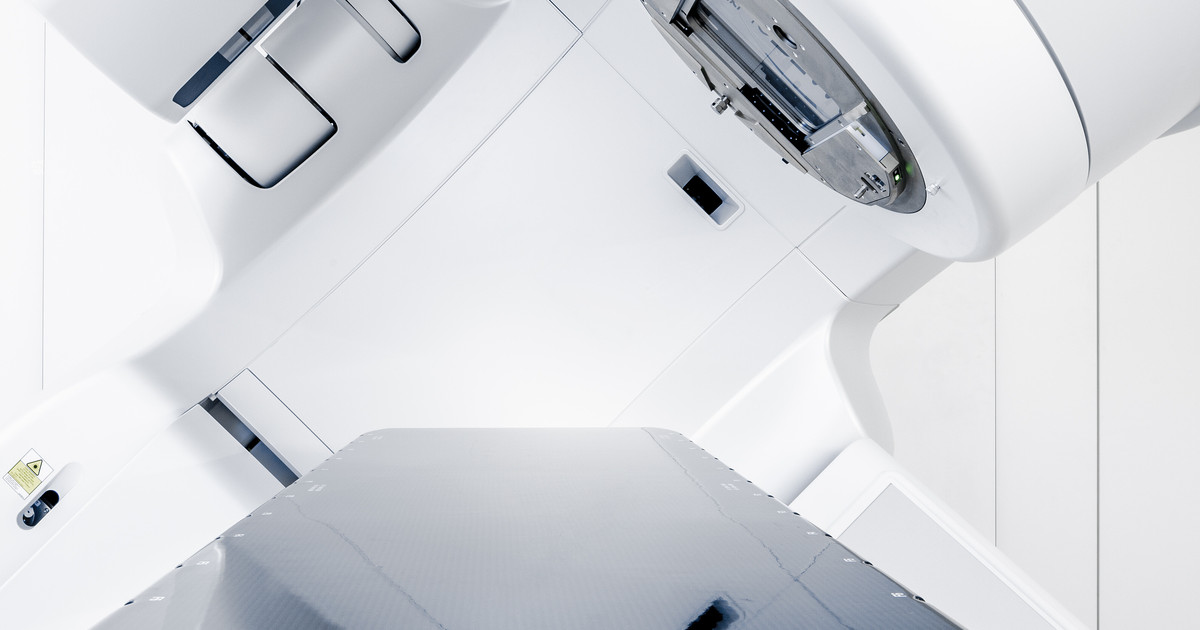The Very Best Ways To Treat Pituitary Apoplexy
The pituitary gland is the one in your brain, men. Yes, you know it: the one at the base! It's the master gland, the absolute master. It tells the other ones, and your organs, what to do! But men, keep your guard up. Pituitary apoplexy is a harsh condition. It's rare, but it's an emergency. Yes, a huge emergency! You'll see symptoms like nausea, double vision, and vomiting with this one. A severe, severe headache is another one. Your eyes often get paralyzed too!
Men, you know this. You've got to get immediate treatment for pituitary apoplexy. Meds for pituitary apoplexy are huge for this. There are some surgical options too. Keep your eyes sharp. You've got to look at all the options to make sure you get the best pituitary apoplexy treatment for you!
Cortisol Replacement Therapy

Men, you need cortisol. It comes from your adrenal glands, you know that. It's going to help with many, many functions in your body. So many! This hormone is what helps you with stress. Yes! You knew that, you did. The problem? Pituitary apoplexy means you're not going to have enough. It's because your pituitary gland is damaged and not sending the signals it needs to for your adrenal glands to make this one. You just don't have enough cortisol with this condition! But good news! You're getting cortisol replacement therapy for this. It means meds replace the cortisol you don't have, like a superhero in the last few minutes of a game. One of the huge, huge meds for this is hydrocortisone. Yes, the one from anti-itch creams! You're just getting it by mouth or an IV this time.
Surgical Decompression

Surgical decompression is huge, so huge. It'll take the pressure of your pituitary gland and stop the bleeding. Your doc's going to recommend if when you've got severe, severe symptoms. This means low consciousness and huge, huge vision problems. Yes, huge ones! You're going to rock this treatment, though. It's so simple! Your doc gets to your pituitary gland through your nose. Amazing, right? Of course! Hold your horses, though. There are complications! Your doc has to monitor you to make sure everything went well. They've got to know your pituitary gland is working right still. You have to worry about diabetes insipidus after this surgery too. You know this one. It's when your kidneys aren't able to regulate fluid right. Thankfully? Yes, this condition goes away once you're recovered from surgery!
Dopamine Agonists

Men, men, you know about dopamine. It's the neurotransmitter responsible for movement. But wait! Wait. There's a problem with pituitary apoplexy and dopamine. One of the huge, huge causes of this condition is prolactinoma. That tumor makes your pituitary gland make so much prolactin. You're going to get problems with dopamine here, men, you will! Men, you're not going to have what you need. This is where you need a med class like dopamine agonists. This med's going to act like natural dopamine for you. It will! One of the huge ones you'll get for this condition is cabergoline. Hold up for a second. These meds are also risk factors for pituitary apoplexy. You'll need extra monitoring to make sure it doesn't bring this back later!
Gamma Knife Radiation Therapy

Ready for radiation? Yes, obviously you are! So obvious. YOu're getting gamma knife radiation therapy for pituitary apoplexy. It's a high, high focus form of radiation therapy. Yes, it's very, very focused. Your doc loves it when other options leave some tumor behind. It's so, so successful. It works in 50 to 90% of cases, men! What a win, right? Gamma knife radiation is safe, so safe. But of course, there are side effects! They're rare, but look out for seizures, hemorrhage, brain edema, and necrosis.
This radiation beam is so precise. So precise! The tissues around your tumor won't be affected. No, not at all! You get a steel halo here, men. That directs the beam to the right place. Once it fires, it's going to destroy the tumor without hurting your pituitary gland function or your vision. Win!
Long-Term Monitoring

Treatment is very, very good for pituitary apoplexy. Yes, men, you recover from this one very well. The best, in fact! It's not done once the condition's gone, though. You've got to be under long-term monitoring. It makes sure your tumor doesn't come back and trigger this again. You'll see an endocrinologist for this. They've got the training in your glandular system!
They're going to get you regular blood tests and MRI scans. This makes sure they know your pituitary gland is still working right and the tumor hasn't come back. If it's needed? Expect hormone replacement therapy, men. It's a huge, huge part of this monitoring and gives you the best prognosis!